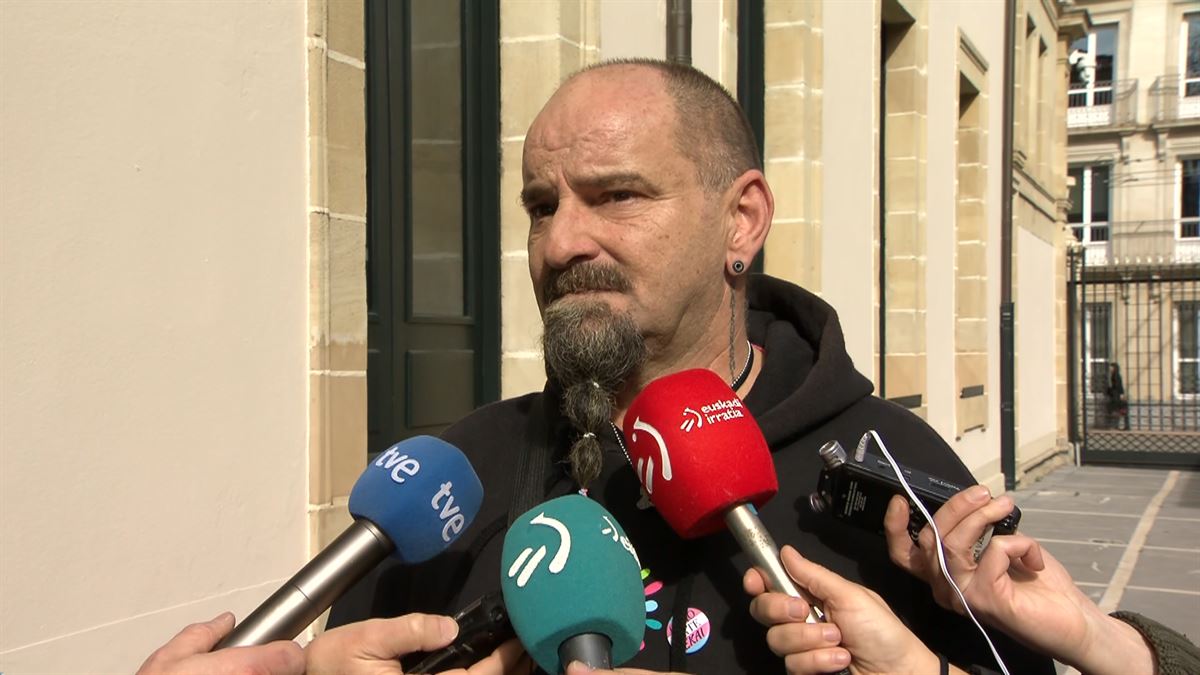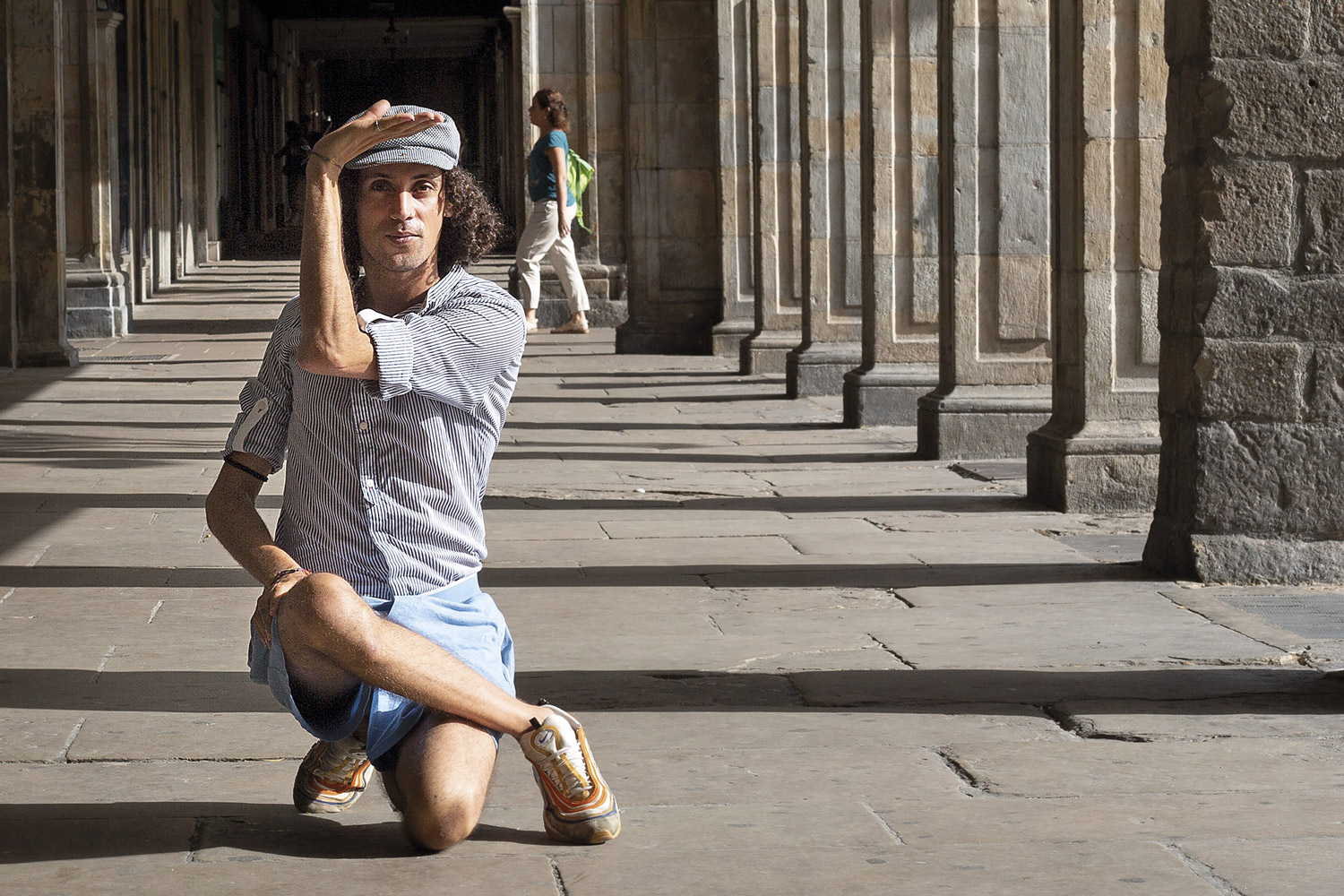Trans Law: Requirements of several European countries
- Denmark, Ireland, Malta, Belgium, Portugal and Luxembourg accept gender self-determination. The following requirements when carrying out the process.

LGTB ILGA-Europe includes only six countries of the European Union on the list of countries that accept gender self-determination: Denmark, Ireland, Malta, Belgium, Portugal and Luxembourg. But Mar Cambrollé, president of the Trans Platforms Federation, has denounced that these countries do not comply with the principle of self-determination: “It is true that these laws do not patent, but do not comply with the principle of self-determination, which is antagonistic to any condition.” The journalist Patricia Regueros Río has published in El Salto a report in which she collects the limitations and conditions imposed by these countries for gender self-determination: a time to think, or above all, for minors.
Denmark
The law on the recognition of gender identity entered into force on 1 September 2014 and was the first European law based on the principle of self-determination. The law exempted medical interventions such as psychiatric diagnosis, sterilization or hormonal treatment and created an administrative procedure. Through this process, applicants have the possibility to receive a new identification number and the personal documents corresponding to them: passport, driving licence and birth certificate, according to their identity. Àlex Bixquert, coordinator of the trans policy group of FELGTB, states that trans people already have a time of reflection and does not understand the reason why this period is extended.
Malta
In April 2015, the Malta Parliament passed a law on Gender Identity, Gender Expression and Sex Characteristics (GIGESC), which establishes the Criminal Code. This law establishes the requirements for the requirement of a process of identity recognition. The procedure requires the applicant to declare before a notary the change of gender and denomination for the subsequent registration of the declaration. The registration receives the request for gender change and modifies the data, which serves to update other official documents. Malta’s law requires only the applicant’s declaration, so both Àlex Bixquert and Mar Cambrollé understand that it is loyal to the principle of self-determination. However, it is noteworthy the redundancy of incorporating the figure of the notarial certificate, as the declaration prior to a registration should be sufficient.
Ireland
As of September 2015, trans Irish people can request that the State recognize their gender as such through the Gender Reconition Act. The process starts with the request in writing of the interested party. It shall be taken into account by the competent authority and accepted or not by the competent authority. That authority may also collect further information or evidence from the applicant, as indicated by law. The text does not specify the type of information that can be requested, nor can the request of a witness serve as evidence. Bixquert regrets this ambiguity: “Ambiguous criteria are quite problematic, because they cause differences from one record to another and put you in front of the prejudices of officials or judges,” he said.
Belgium
Since May 2017, Belgium has already had a law governing the legal process of gender acceptance, based in part on the principle of self-determination, but with condiciones.En the Loi réformant des regules relatifs aux personnes transgenres 2017 provides for the possibility of requesting a change before a civil registration official “to any adult, young person or Belgian foreign resident who is convinced that the sex he or she is born is not.
The conditions have a period of three months, during which the Attorney General may reject the request “for reasons of public policy”. After these three months, and before six months have elapsed, the applicant shall return to the civil register and certify that he still considers that his gender identity does not correspond to that established in the birth certificate, that he is aware of the administrative and legal consequences of the variation of the birth certificate and that he is aware of the irrevocability of the modification of that certificate.
Luxembourg
On 25 June 2018, the Luxembourg Chamber of Deputies voted in favour of a law with gender recognition. The law is based on self-determination of identity and creates an administrative system to adapt the name officially registered by a person and the gender marker. The new law makes explicit reference to Resolution 2048/2015 of the Assembly of the Council of Europe, which requires “agile, transparent and accessible” procedures for the legal approval of gender.
The law provides that any adult person in Luxembourg may submit an application to the Ministry of Justice for modification of his legal sex and one or more names, stating: “That, through a collection of sufficient facts, the sex in the record of your marital status does not correspond to the sex that is presented and known.” To this end, it requests: “that the person is publicly present with recognized sex”, “that by this sex the family/friends/professional relationships be known” and “that the person has changed his name en masse to adapt to his/her sex”.
Portugal
Portugal passed the law in April 2018. The law recognizes the right of older persons whose gender identity does not coincide with the sex assigned at birth to request a procedure of sex change in the civil registry. As for minors, the law provides that a person between the ages of 16 and 18 may need parental consent and a doctor’s report. Any doctor or psychologist can make the declaration confirming that the person has been selected freely and that there is no inconvenience. “If someone thinks they’re not mature, it’s reasonable for the environment to say something, but not the doctor,” Bixquert said.






















